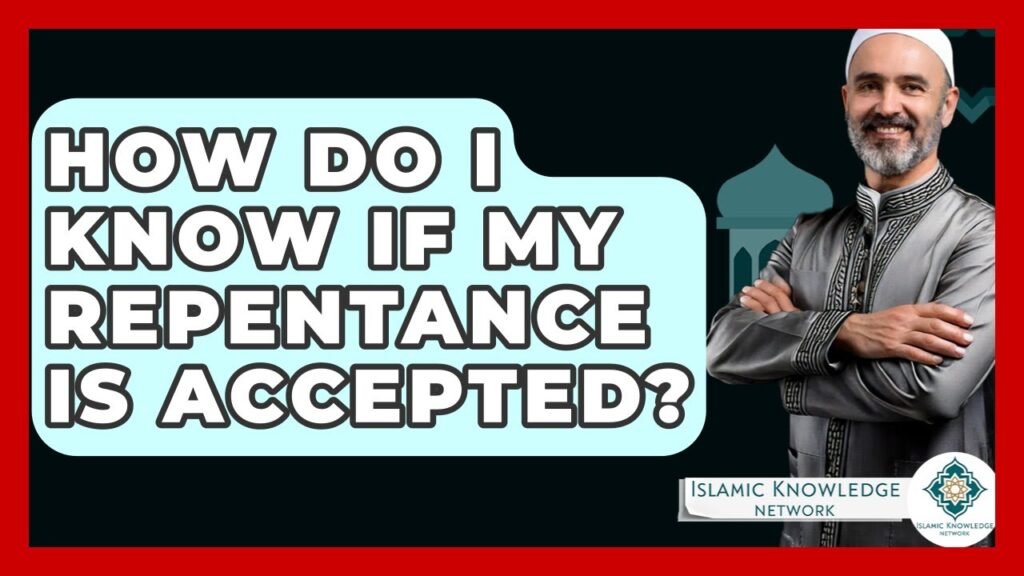You are here to read: What Does Riba Al-Fadl Mean in Islamic Finance? – A Thoughtfully Written Guide Offering Spiritual Wisdom and Travel Advice for Every Pilgrim who is going on holy journey of Hajj or Umrah.
What Does Riba Al-Fadl Mean? – Islamic Knowledge Network
In the intricate landscape of Islamic finance, the term "Riba Al-Fadl" holds significant importance. Rooted in the principles of Shariah, Riba Al-Fadl refers specifically to the prohibited practice of unequal exchanges in trade, particularly those involving commodities of the same kind. As the Islamic financial community continues to evolve, understanding such concepts becomes crucial for both everyday Muslims and scholars alike. This knowledge not only aids in the pursuit of ethical financial transactions but is also foundational for ensuring compliance with religious obligations.
At Airlink Hajj and Umrah, we are committed to providing comprehensive resources that reflect the principles of Islamic teachings, including those related to finance and commerce. Our blog serves as an essential hub, keeping you updated with the latest insights and guidance regarding Hajj and Umrah preparations. Whether you’re looking for information on spiritual practices or financial aspects, you’ll find well-researched articles that cater to all your needs. Join us as we explore Riba Al-Fadl in detail, providing clarity and practical knowledge for navigating your financial interactions within the framework of Islamic principles.
What Does Riba Al-Fadl Mean in Islamic Finance?
Riba Al-Fadl refers to a specific type of interest or usury prohibited in Islamic finance. It pertains to the unequal exchange of commodities, where one party gains an advantage over the other based on quantity or quality. For instance, trading gold for gold or wheat for wheat in unequal measures falls under Riba Al-Fadl. This practice is forbidden as it promotes exploitation and inequity among trading partners, conflicting with Islamic principles of justice and fairness.
Understanding Riba Al-Fadl is essential for Muslims engaging in financial transactions, ensuring they remain compliant with Sharia law. Many individuals seeking guidance on Islamic financial principles can find valuable insights in our blog. At Airlink Hajj and Umrah, we provide regular updates and articles about Hajj and Umrah preparations, emphasizing the importance of staying informed about both spiritual and financial matters. Explore our resources to ensure your Hajj or Umrah journey aligns with Islamic teachings.
FAQs on Riba Al-Fadl in Islamic Finance
1. What is the definition of Riba Al-Fadl?
Riba Al-Fadl refers to a type of interest or usury that occurs when there is an unequal exchange of goods, particularly in transactions involving commodities of the same kind.
You're at the middle of this awesome post at AirlinkHajjandUmrah.com through: What Does Riba Al-Fadl Mean in Islamic Finance?. Keep reading, it gets better!
2. How does Riba Al-Fadl impact trade transactions?
Riba Al-Fadl prohibits unequal exchanges in commodities, ensuring that trades are fair and based on equal amounts, which promotes ethical standards in business dealings.
3. What kinds of commodities are affected by Riba Al-Fadl?
Riba Al-Fadl primarily impacts commodities that belong to the same category, such as gold for gold, silver for silver, and various types of food products.
4. Are there any exceptions to the rules surrounding Riba Al-Fadl?
Yes, exceptions exist when trading different types of commodities. These transactions can involve unequal amounts as long as they are not the same item, like exchanging gold for silver.
5. What are the consequences of engaging in Riba Al-Fadl?
Engaging in Riba Al-Fadl is considered impermissible in Islamic finance and can lead to financial disunity, social injustice, and adverse spiritual repercussions for individuals involved.
What Does Riba Al-Fadl Mean? In this informative video, we will discuss the concept of Riba Al-Fadl and its significance in Islamic finance. Riba Al-Fadl pertains to a specific type of interest that arises when commodities of the same kind are exchanged in unequal amounts. Understanding this principle is essential for anyone interested in Islamic commercial law and ethics in trade. We’ll explore how Riba Al-Fadl applies to various commodities, such as gold, silver, and staple goods, and why it is crucial to maintain fairness in transactions.
The video will also cover the importance of immediate exchanges and the necessity for equal quantities and qualities when trading. By adhering to these principles, individuals can ensure their transactions align with Islamic teachings, promoting justice and equity.
Whether you are a student of Islamic finance, a business professional, or simply curious about the ethical dimensions of trade, this video aims to provide clarity on Riba Al-Fadl and its implications in both historical and modern contexts. Join us for an engaging discussion, and don’t forget to subscribe to our channel for more informative content on Islamic culture and finance.
⬇️ Subscribe to our channel for more valuable insights.
🔗Subscribe:
#IslamicFinance #RibaAlFadl #IslamicLaw #TradeEthics #IslamicEconomics #FairTrade #BarterSystem #Commodities #FinancialJustice #IslamicCommercialLaw #EquityInTrade #MuslimBusiness #EthicalFinance #SocialJustice #IslamicCulture
About Us: Welcome to the Islamic Knowledge Network, your go-to source for deepening your understanding of Islam. Our channel is dedicated to exploring the rich tapestry of Islamic teachings, history, and culture. Here, you will find engaging discussions on the Quran, Hadith, and the lives of the Prophets, alongside contemporary issues faced by the Muslim community.
That wraps up What Does Riba Al-Fadl Mean in Islamic Finance?. Thanks for sticking with us till here! Share this: What Does Riba Al-Fadl Mean in Islamic Finance? with your friends.
Check our homepage at Air Link Hajj & Umrah for more awesome updates.
Some interesting posts are: 1: Umrah Mubarak, 2: When is Umrah closed 2026?, 3: When does Umrah start after Hajj 2026?
Mushu, an experienced Saudi Arabia traveler and writer, shares insightful tips and spiritual reflections to enhance Hajj and Umrah journeys for fellow pilgrims. He has been to Makkah and Madina from 2016 to 2023 many times and his posts will reflect this.







